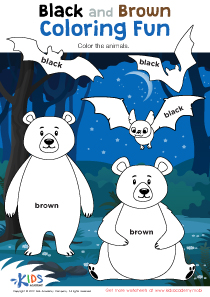Cognitive Development English for Beginners Worksheets for Ages 6-7
10 filtered results
-
From - To
Enhance your child's cognitive skills with our "Cognitive Development English for Beginners Worksheets for Ages 6-7." Designed for young learners, these engaging worksheets focus on building essential language skills through fun and interactive activities. Each worksheet targets key areas such as vocabulary, comprehension, and reasoning, ensuring a solid foundation in English. Perfect for both classroom and home use, these resources help kids develop critical thinking and problem-solving abilities while boosting their confidence in English. Start your child’s learning journey with our expertly crafted worksheets that make language education enjoyable and effective.
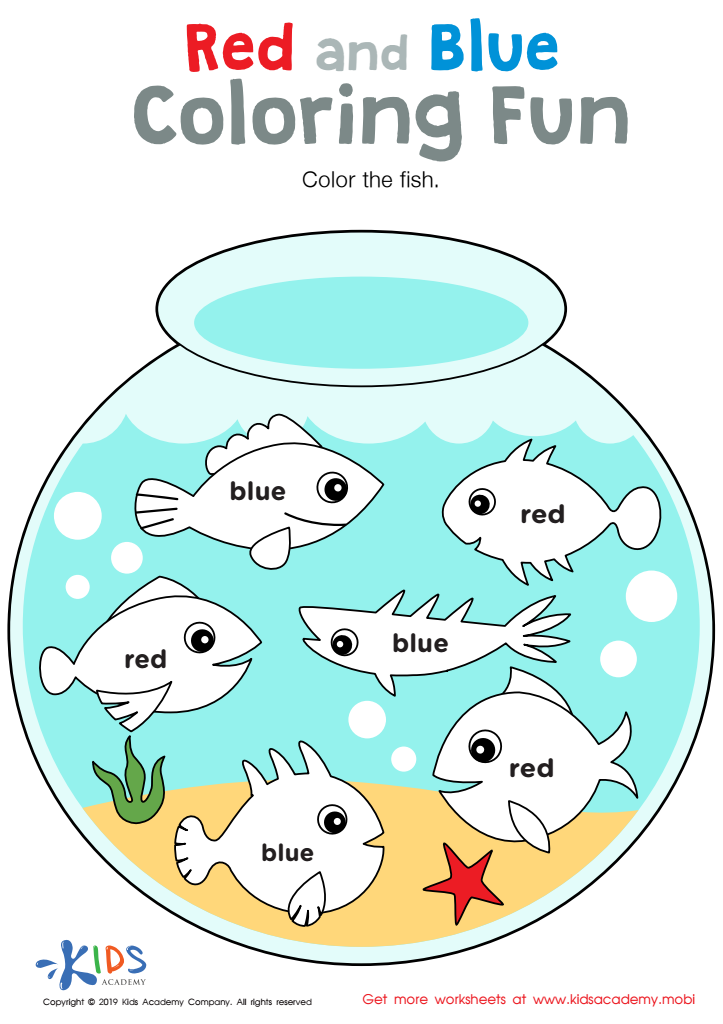

Red and Blue Coloring Fun Worksheet
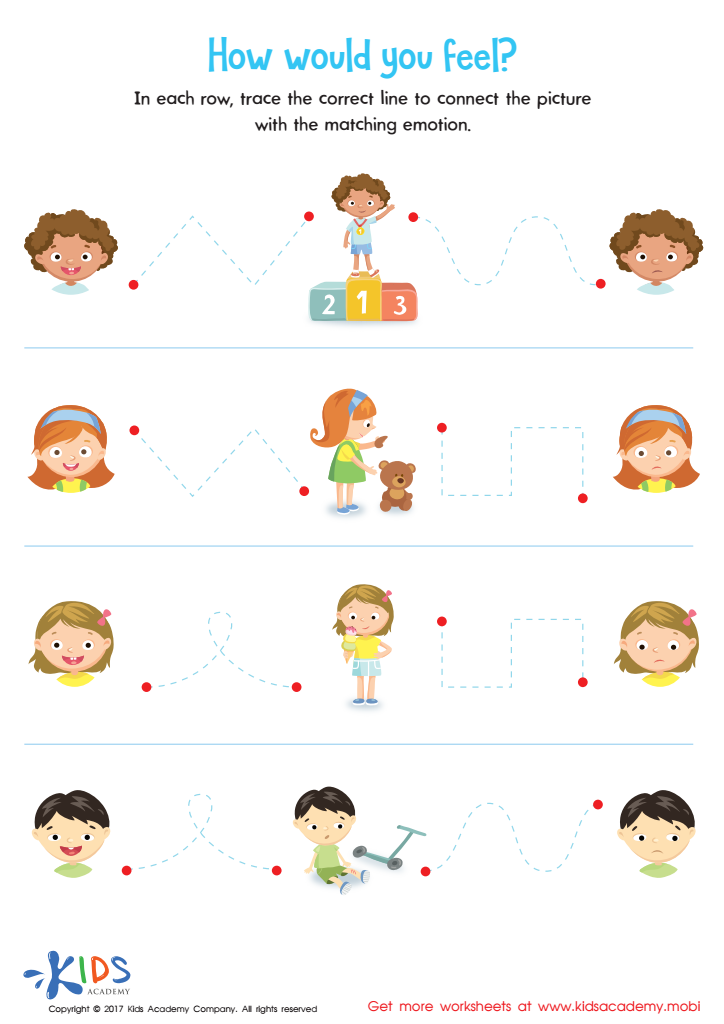

Feelings and Emotions Worksheet
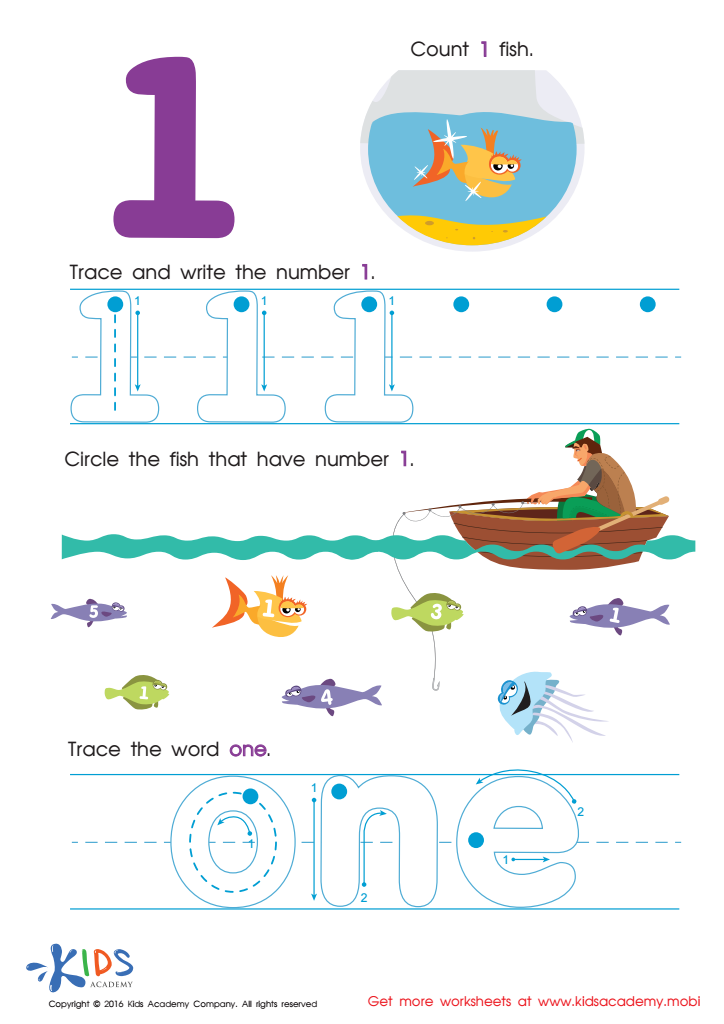

Learning to Write 1 Worksheet
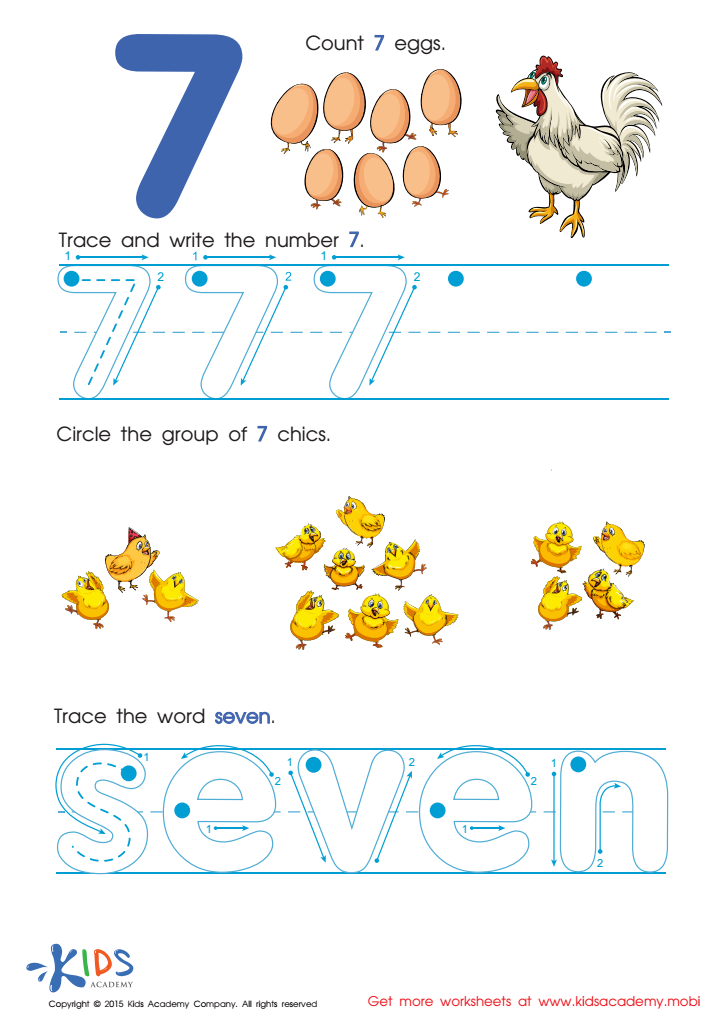

Trace And Write Number 7 with Fun Worksheet
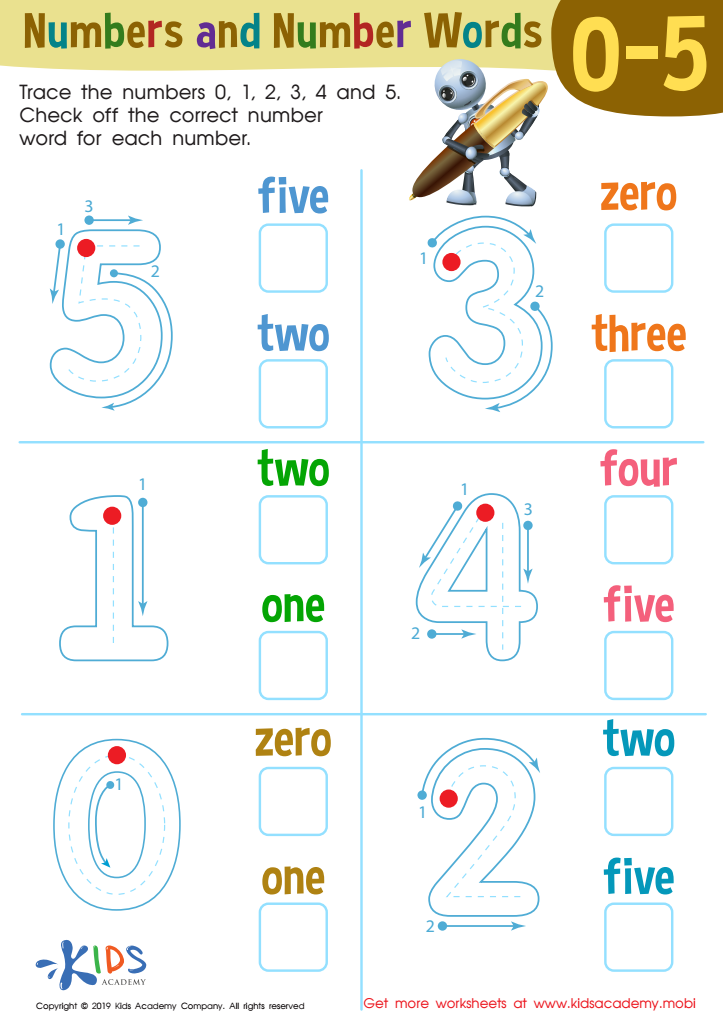

Numbers and Number Words Worksheet
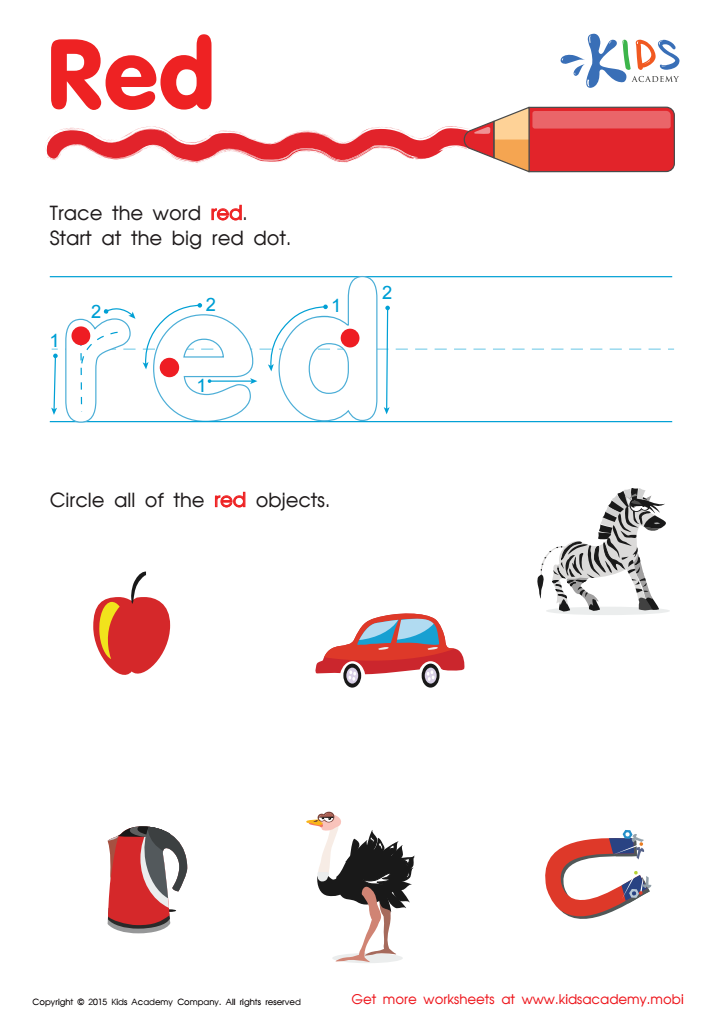

Red Tracing Color Words Printable
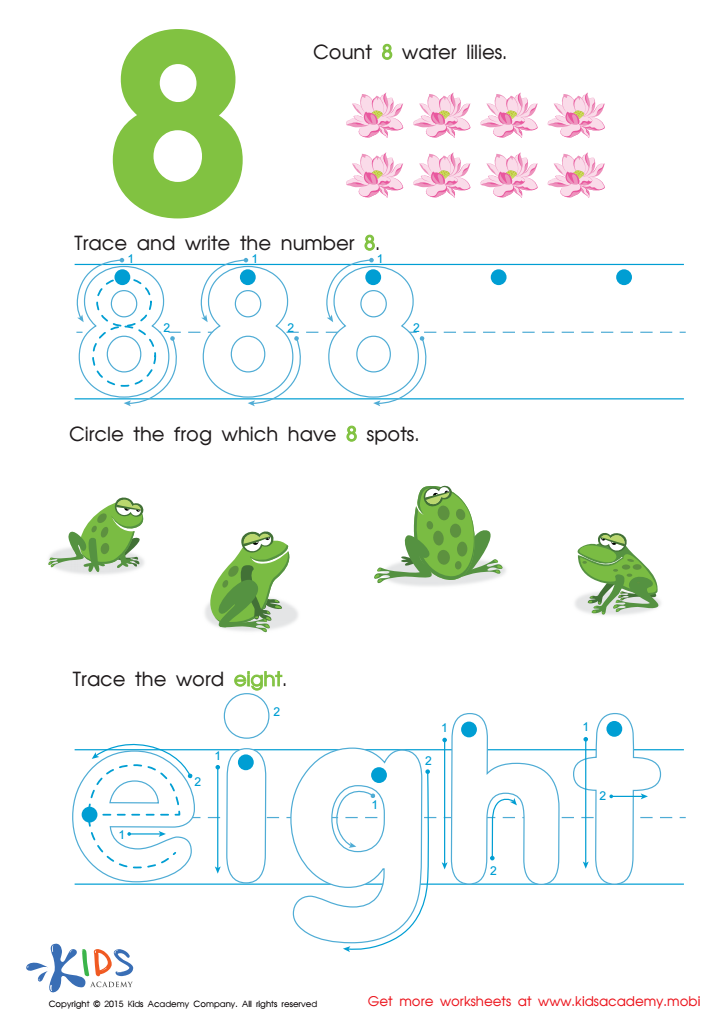

Learn Number 8 Easily Worksheet
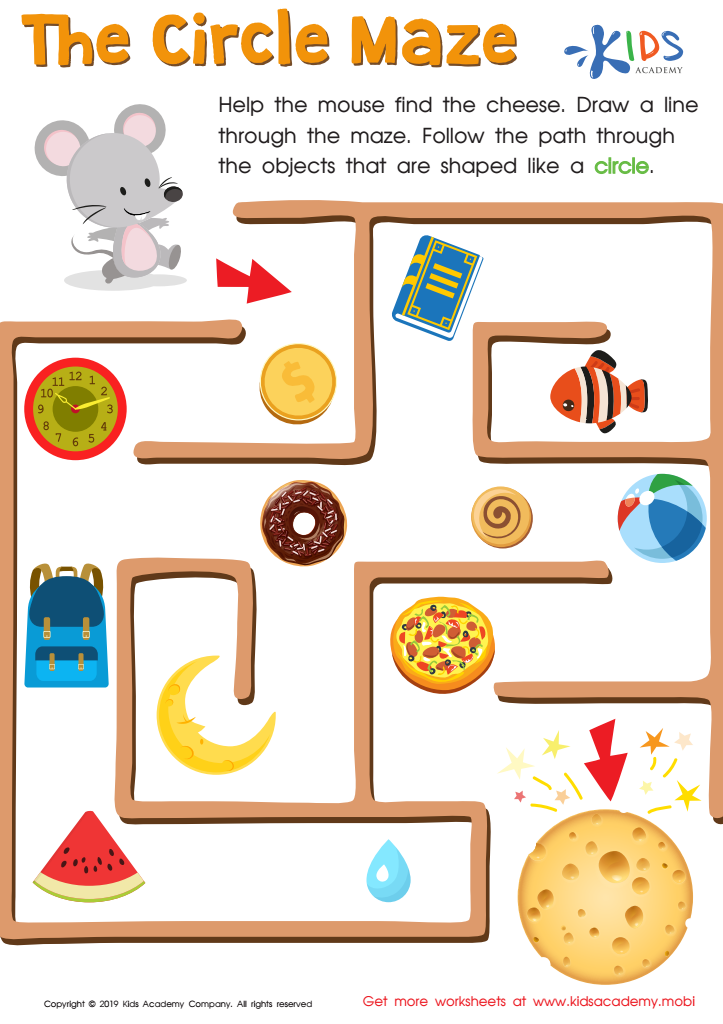

The Circle Maze Worksheet
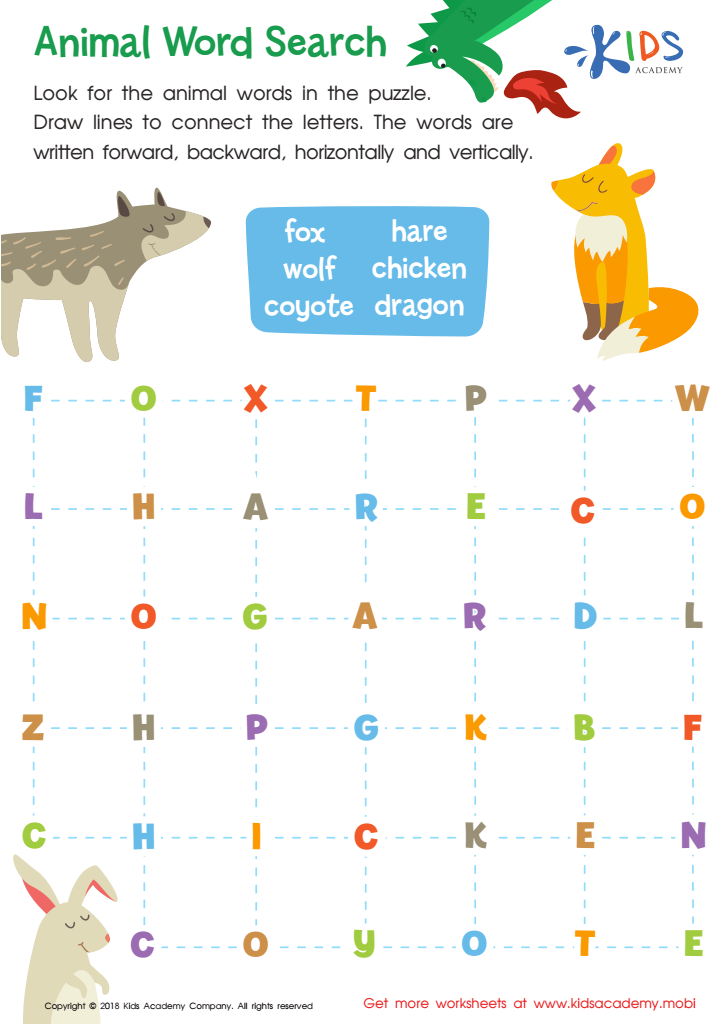

Animal Word Search Worksheet
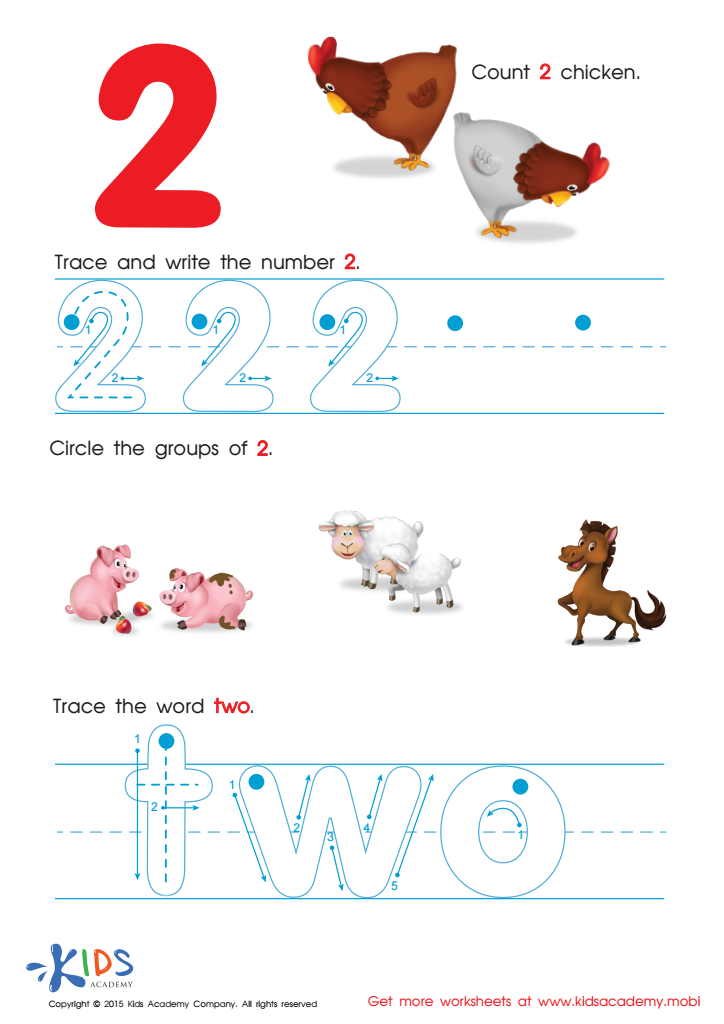

Learn to Write the Number 2 Worksheet
Cognitive development in early childhood, especially around ages 6-7, lays a crucial foundation for future learning and intellectual growth. English for Beginners serves as a vital component of this development, enhancing critical thinking and linguistic skills. For parents and teachers, investing in cognitive development through early English learning provides numerous benefits.
Firstly, mastering basic English vocabulary and concepts aids in developing children's communication skills, enabling them to express themselves more clearly and effectively. This, in turn, promotes better social interactions and collaboration with peers, fostering a positive learning environment.
Moreover, early exposure to a structured language curriculum stimulates cognitive processes such as memory, attention, and problem-solving. Engaging with new words and grammar rules exercises the brain, honing cognitive abilities that are essential for academic success across various subjects.
Parents and teachers also set the stage for a lifelong love of learning by prioritizing English at a young age. Encouraging curiosity and exploration within a language framework develops children's ability to approach new challenges with confidence and adaptability.
In conclusion, focusing on Cognitive Development English for Beginners for 6-7-year-olds is pivotal. It not only enhances communication but also strengthens cognitive skills and fosters a supportive learning culture, equipping children with the tools they need for future educational achievements.

 Assign to My Students
Assign to My Students






